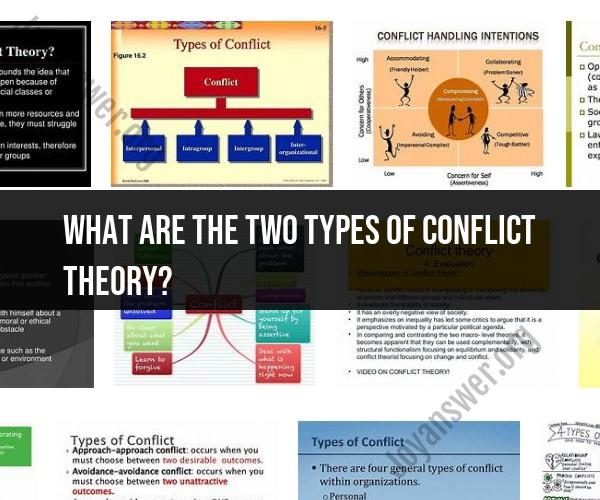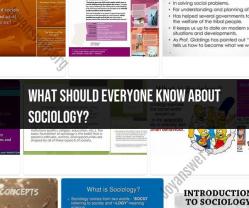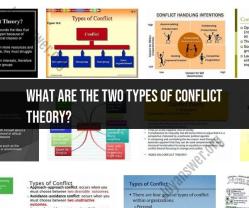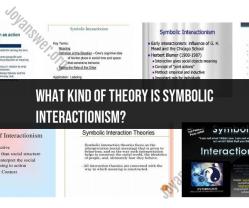What are the two types of conflict theory?
Conflict theory is a broad sociological perspective that examines the role of conflict in society and how it influences social change and power dynamics. While there are not exactly two distinct "types" of conflict theory, it's common to refer to two major strands or approaches within conflict theory:
Marxian Conflict Theory (Marxism): This strand of conflict theory is based on the ideas of Karl Marx and Friedrich Engels. It focuses on the role of class conflict in shaping society. Marxian conflict theory asserts that societies are divided into social classes, primarily the bourgeoisie (capitalist class) and the proletariat (working class). The conflict between these two classes, according to Marx, is rooted in the unequal distribution of wealth, resources, and means of production. The bourgeoisie, who own the means of production, exploit the proletariat, who provide labor but lack ownership. This class conflict is seen as the driving force behind social change, with the ultimate goal of achieving a classless society (communism).
Symbolic Interactionism (as a Different Perspective): While not traditionally considered a "conflict theory" in the same sense as Marxism, symbolic interactionism is another sociological perspective that explores the role of conflict in social interactions. It focuses on how individuals and groups construct meaning through symbols and interactions. In this perspective, conflict can arise from differences in the interpretation of symbols and communication. For example, conflicts may emerge when individuals or groups have conflicting interpretations of symbols, words, gestures, or social norms. Symbolic interactionism emphasizes the importance of micro-level interactions and the subjective nature of reality, highlighting how conflicts at the individual and small-group levels can influence broader social dynamics.
It's important to note that conflict theory is a diverse field, and scholars have developed various subtypes and adaptations of conflict theory to analyze different aspects of society. While Marxian conflict theory and symbolic interactionism are two prominent approaches, there are other forms of conflict theory as well, such as feminist conflict theory, racial conflict theory, and more. Each type of conflict theory provides a unique lens through which sociologists analyze societal conflicts and their impact on social structures and change.




